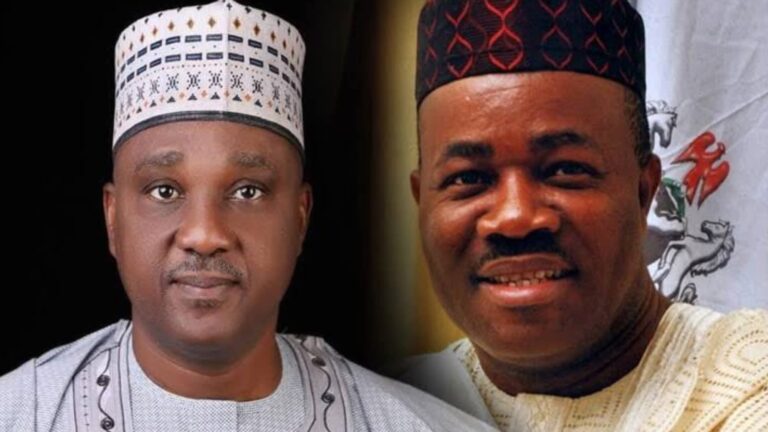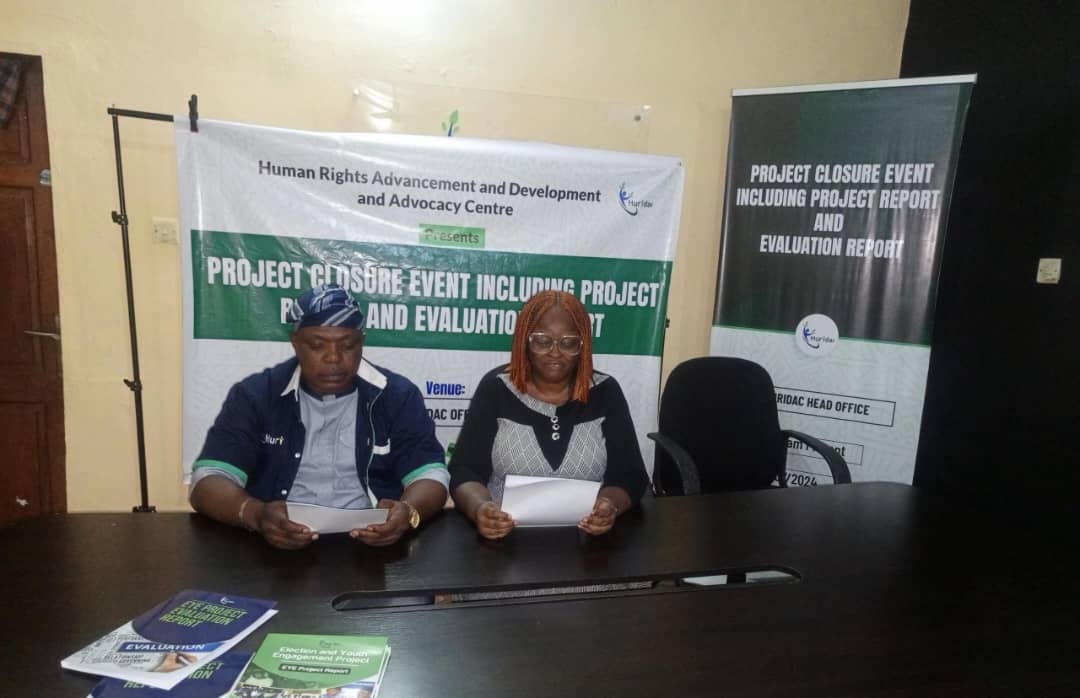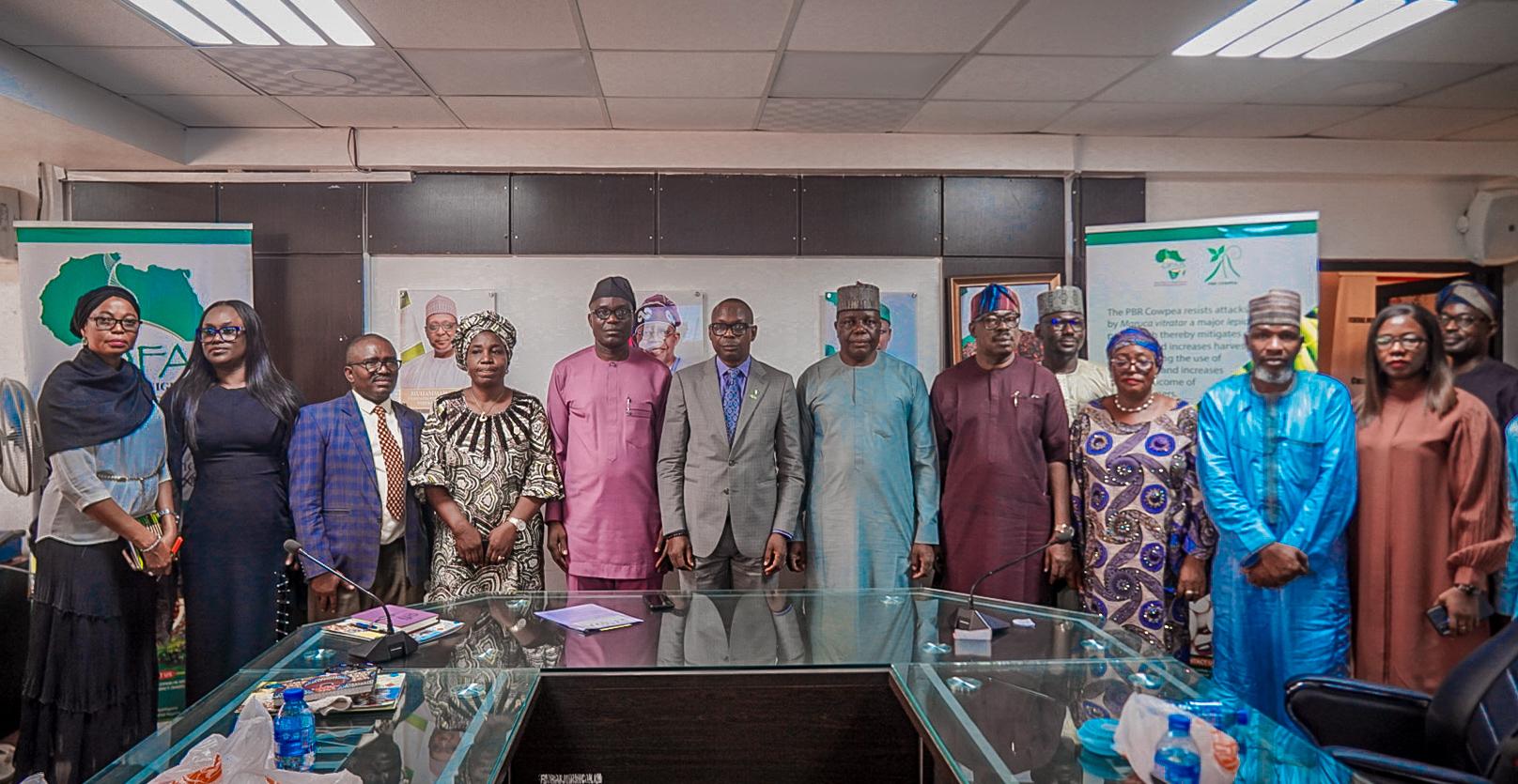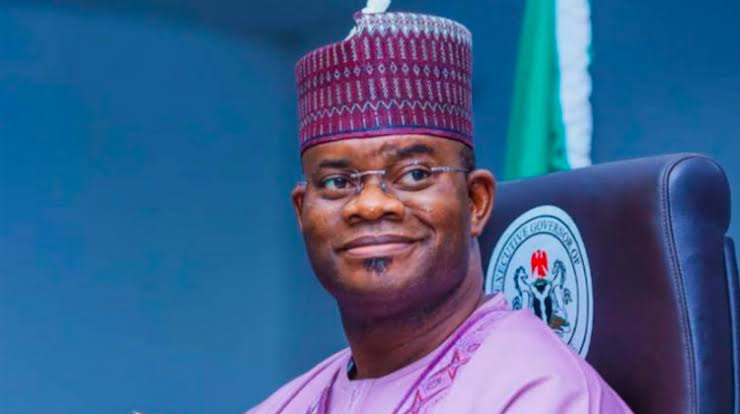SERAP Gives Akpabio, Abbas 7 Days to Refer NASS Bribery Allegations to EFCC, ICPC or Face Lawsuit

The Socio-Economic Rights and Accountability Project (SERAP) has issued a seven-day ultimatum to Senate President Godswill Akpabio and House of Representatives Speaker Tajudeen Abbas to refer the recent bribery allegations in the National Assembly to the Economic and Financial Crimes Commission (EFCC) and the Independent Corrupt Practices and Other Related Offences Commission (ICPC) or risk legal action.
SERAP also urged the presiding officers to publicly identify those implicated, recover proceeds of bribery, and guarantee protection for whistleblower Hon. Ibrahim Usman Auyo (APC, Jigawa), who alleged that lawmakers were required to pay between ₦1 million and ₦3 million to present bills, motions, or petitions.
In a viral video, Auyo claimed:
“Since I was elected as a member in 2015, no individual has given me a bill to pass. Even the bills and petitions are paid for. You have to pay from ₦3 million, ₦2 million, or ₦1 million to present it. And after you present the bill, you must follow up by lobbying the whole 360 members of the House to accept the bill.”
In its open letter, SERAP described the allegations as a grave breach of public trust and a violation of lawmakers’ constitutional oath of office, stressing that bribery in legislative duties undermines democracy.
READ ALSO: Agbonlahor Applauds Tinubu, Okpebholo for Transformative Youth Infrastructure Agenda in Nigeria
House Demands Proof of Auyo’s Allegations As Claim’s Threaten Public Trust in Parliament
“Lawmakers should not have to pay bribes to present motions and bills at the National Assembly. Bribery should never have any influence in the exercise of legislative duties or the running of the National Assembly. These allegations of quid pro quo for lawmaking have seriously undermined Nigerians’ democratic rights,” the group stated.
SERAP further warned that the alleged practice “makes a mockery of lawmaking and legislative powers under Section 4 of the 1999 Constitution (as amended) and exposes how lawmakers are abusing their entrusted positions to deny Nigerians their democratic rights.”





